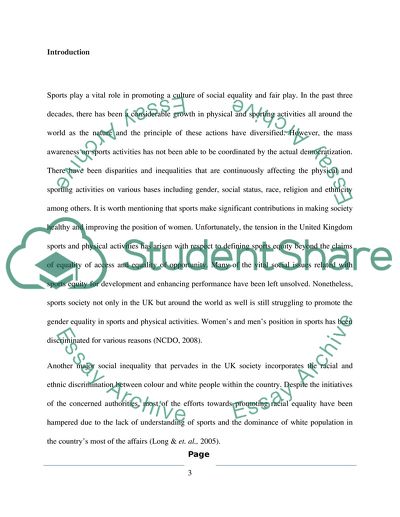Cite this document
(“The Development and Growth in Sports and Physical Activities in Research Paper”, n.d.)
The Development and Growth in Sports and Physical Activities in Research Paper. Retrieved from https://studentshare.org/sports-and-recreation/1790943-sports-equity-and-social-inequalities
The Development and Growth in Sports and Physical Activities in Research Paper. Retrieved from https://studentshare.org/sports-and-recreation/1790943-sports-equity-and-social-inequalities
(The Development and Growth in Sports and Physical Activities in Research Paper)
The Development and Growth in Sports and Physical Activities in Research Paper. https://studentshare.org/sports-and-recreation/1790943-sports-equity-and-social-inequalities.
The Development and Growth in Sports and Physical Activities in Research Paper. https://studentshare.org/sports-and-recreation/1790943-sports-equity-and-social-inequalities.
“The Development and Growth in Sports and Physical Activities in Research Paper”, n.d. https://studentshare.org/sports-and-recreation/1790943-sports-equity-and-social-inequalities.


